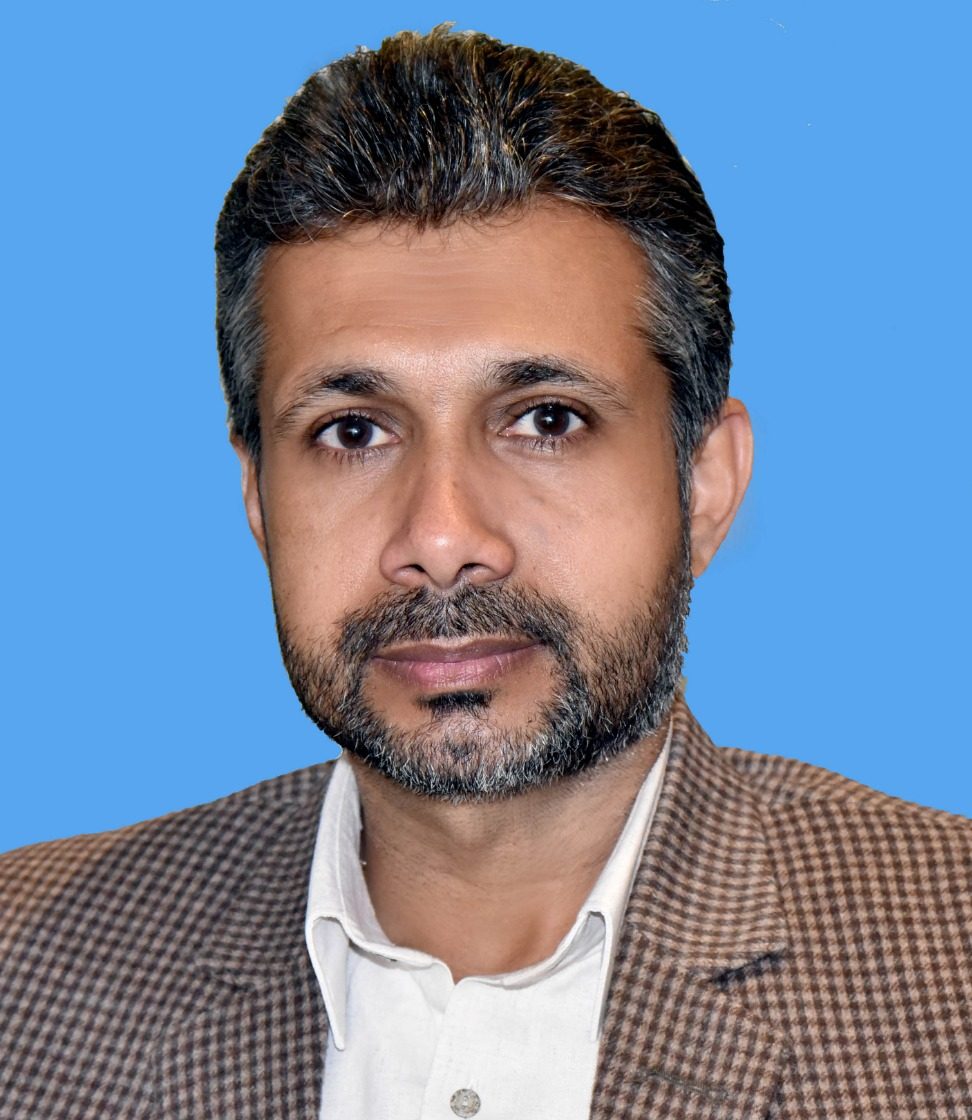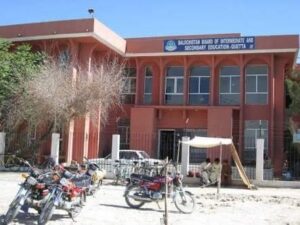By Manzoor Magsi
In a bid to chart a course for the future, the provincial government of Balochistan has undertaken a transformative initiative— the “Development of Master Plans for 32 District Headquarters/Towns of Balochistan.” This comprehensive scheme aims to create a clear roadmap for the development and expansion of identified towns within short-, medium-, and long-term frameworks. As the project progresses under the public sector development program, it becomes imperative to examine how strategic urban planning can contribute to reducing the pressures of urbanization and accommodate the province’s population’s growth.
Integrated Approach To Urban Development
The key components of this ambitious endeavor encompass various vital sectors, ensuring an integrated approach to urban development. From Housing & Urban Development to Traffic & Transportation, and from Economic issues to Disaster Risk Management, each facet is meticulously addressed. The development of Master Plans involves the creation of Inception Reports, Topographic Surveys, Digitized Base Maps, Draft and Final Master Plan Reports, as well as rules and guidelines to manage future growth effectively.
Involvement Of Key Stakeholders Crucial
One crucial aspect of this initiative is its emphasis on inclusivity. Authenticated data collected from the field and secondary sources play a pivotal role in the development of qualitative master plans. In this regard, the involvement of stakeholders such as government departments, non-government organizations, academia, and the general public is deemed crucial. Collaboration with these entities ensures that the master plans are not only comprehensive but also reflective of the diverse needs and aspirations of the communities involved.
Liaisons With District Administrations Important
The ongoing activities, including liaisons with district administrations and the submission of Inception Reports and initial drafts of surveys and maps, showcase the commitment to a consultative and iterative approach. However, to achieve truly sustainable urban development, a continued and robust partnership with stakeholders is necessary. This collaborative effort will not only validate the collected data but also enhance the adaptability of the master plans to the evolving needs of the communities.
Pakistan Grapples With Rapid Urbanization And Population Growth
As the country grapples with the challenges of rapid urbanization and a growing population, Balochistan’s initiative stands as a model for strategic, inclusive, and sustainable urban planning. By considering all aspects of development, from infrastructure to environmental conservation, the province is not just preparing for the future—it is actively shaping it. The success of this endeavor will not only benefit Balochistan but may serve as a beacon for other regions seeking innovative solutions to the complex issue of urbanization in the 21st century.
The writer is a former Press Secretary to Chief Minister Balochistan, currently working as Assistant Director of Public Relations at the Government of Balochistan






